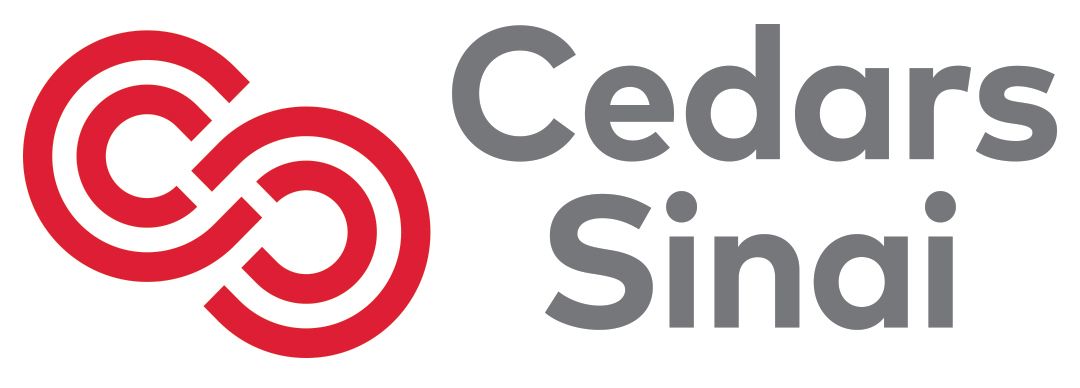
Dr Reckamp on the Landscape of Current and Emerging ADCs in NSCLC

Karen L. Reckamp, MD, MS, discusses current and emerging antibody-drug conjugates in lung cancer in addition to highlighting the development of patritumab deruxtecan and telisotuzumab vedotin.
Karen L. Reckamp, MD, MS, professor of medicine, director, Division of Medical Oncology and Lung Institute, Cedars-Sinai Medical Center, associate director, Clinical Research, Cedars-Sinai Samuel Oschin Comprehensive Cancer Institute, discusses current and emerging antibody-drug conjugates (ADCs) in lung cancer in addition to highlighting the development of patritumab deruxtecan (HER3-DXd) and telisotuzumab vedotin (ABBV-399; Teliso-V).
The body of evidence favoring the use of ADCs in lung cancer continues to expand with the addition of new agents to the landscape, Reckamp begins. The HER2-targeted agent fam-trastuzumab deruxtecan-nxki (Enhertu; T-DXd) is currently the only ADC approved by the FDA for adult patients with unresectable or metastatic, HER2-mutated non-small cell lung cancer (NSCLC) that was previously treated in the first line, Reckamp states.
In addition to T-DXd, there are 2 ADCs with breakthrough designation in NSCLC: patritumab deruxtecan (HER3-DXd) and telisotuzumab vedotin (ABBV-399; Teliso-V), Reckamp continues, noting that both agents continue to be investigated.
In January, 2022, the FDA granted breakthrough designation to the MET-targeted ADC Teliso-V for patients with advanced or metastatic EGFR wild-type NSCLC showing high levels of c-Met overexpression and disease progression on or after prior platinum-based chemotherapy. The agent has been shown to elicit responses in both patients with high MET expression as well as those with METamplification, Reckamp says.




































